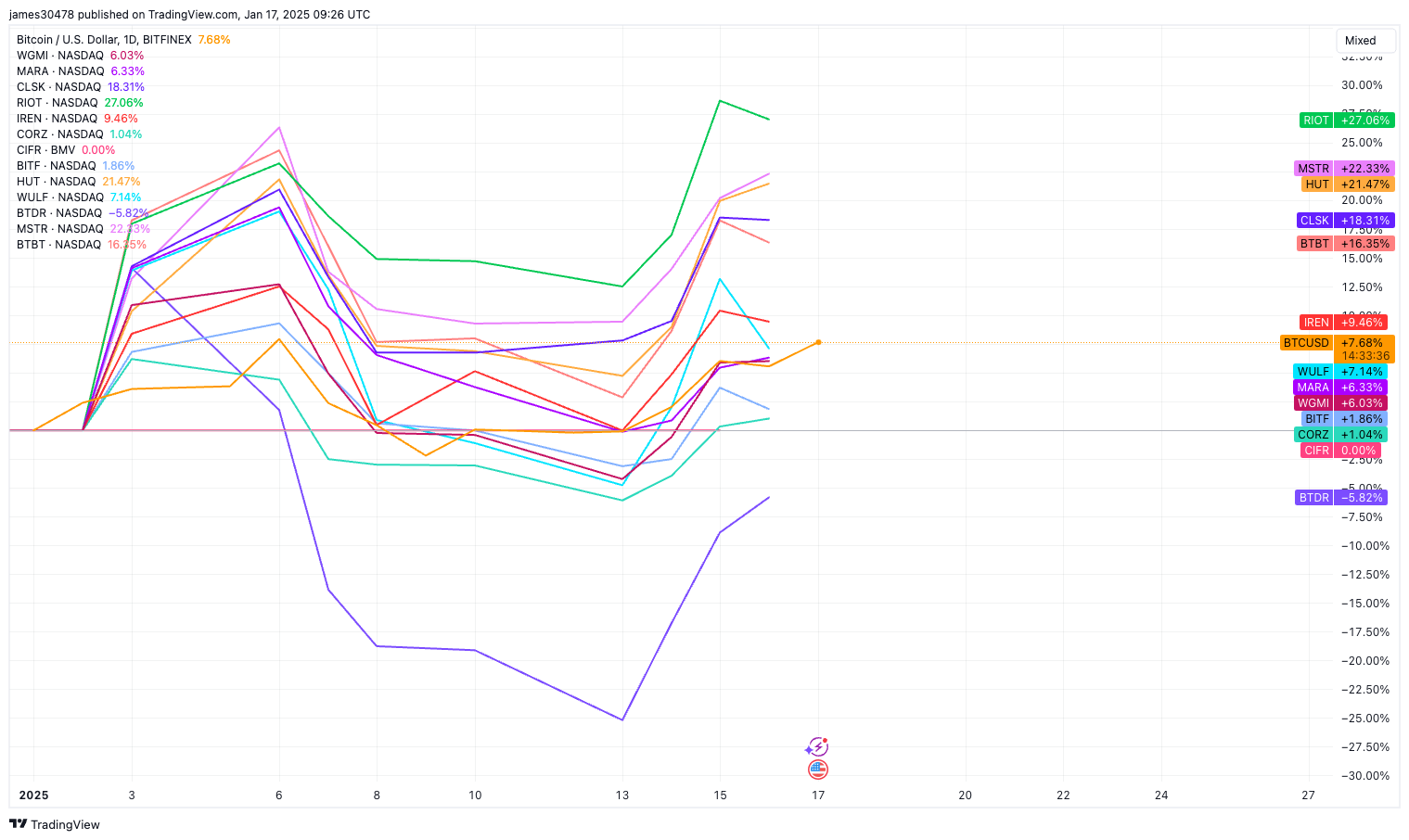With the DAO in control, the Ethereum Name Service is now fully decentralized.


According to a message from the project creator, the Ethereum Name Service (ENS) has achieved decentralized governance. December 14th.
ENS is a naming system on the Ethereum blockchain that adds human-readable names to various resources, including cryptocurrency wallets and websites. Until now, the root node of the project has been maintained by members of the Ethereum community.
ENS founder Nick Johnson approved the change in ownership. He wrote to X:
“(This) is truly the end of an era. Below is the message I just sent to the ENS root keyholder. “This is a request to transfer the final authority to the DAO.”
The email attached by Johnson states that ENS’ Decentralized Autonomous Organization (DAO), a governance group formed and controlled by ENS token holders, unanimously voted to gain control of the project’s root node.
He said that based on the results of these votes, he created a transaction that executed two actions to transfer root control to the DAO address (wallet.ensdao.eth). He wrote that this deal “destroys multisig entirely” by transferring all remaining multisig responsibilities to the DAO. It is unclear whether other multisig owners approved the transaction.
Individuals who have previously managed multisig for ENS include Chainlink’s Sergey Nazarov, Metamask’s Dan Finlay, MyCrypto’s Taylor Monahan, Colony’s Aron Fischer, the Ethereum Foundation’s Jason Carver and Martin Swende, and Johnson himself. Johnson wrote to those individuals in his message: “Thank you so much for your many years of service to ENS.”
ENS governance will be more open.
ENS’s DAO is a governance group comprised of token holders who stake their tokens to vote on decisions and issues related to the project.
According to the latest proposal, the DAO already has several ownership responsibilities, but has so far had no control over the core ENS root names.
DAO gains certain functionality by controlling the ENS root. Changes in ownership allow the DAO to create, manage, and permanently lock top-level domains separately from the permanent and immutable .eth domain. DAO can also update reverse resolution, which remaps addresses to names. DAOs can also introduce default domain names to layer 2 networks.
The snapshot shows that voting ended on December 15, 2023. In fact, 100% of staked tokens, or 1.9 million ENS, were staked for DAO ownership. Johnson was one of the largest voters, with 155,000 ENS in favor. Fewer than 17 ENS tokens were staked against the plan or used to abstain.



